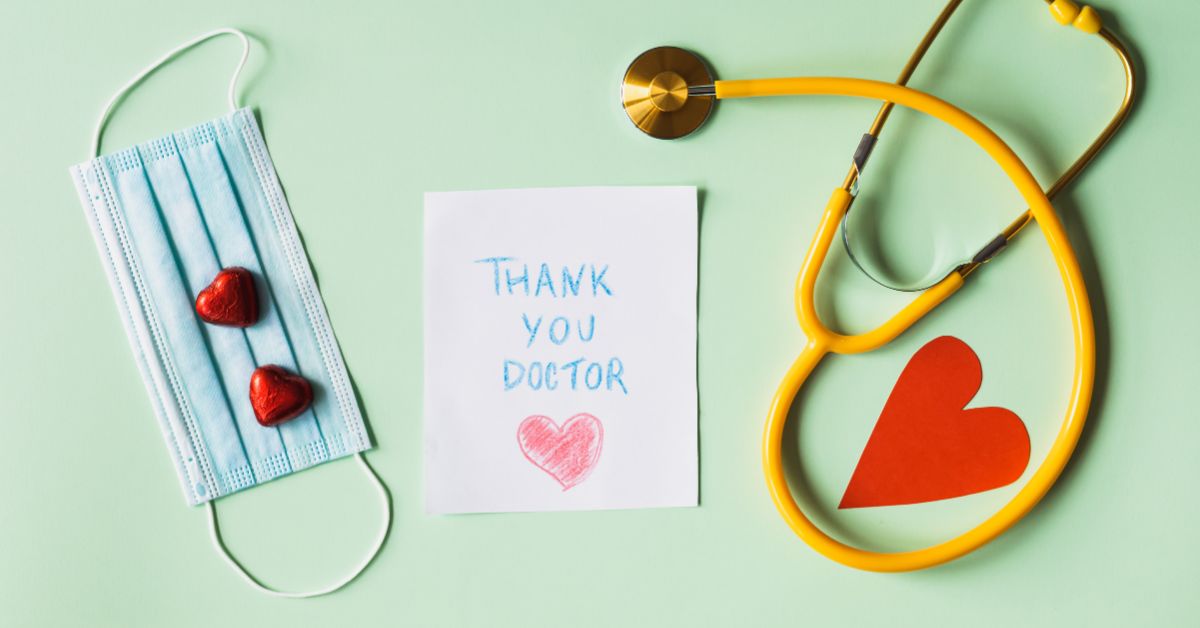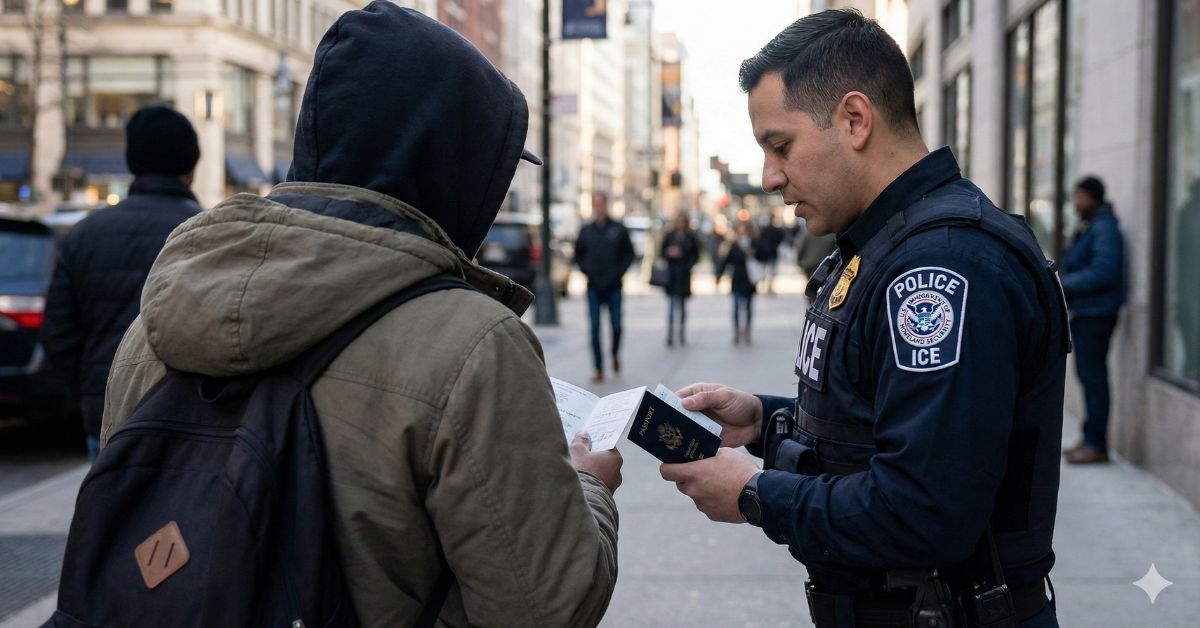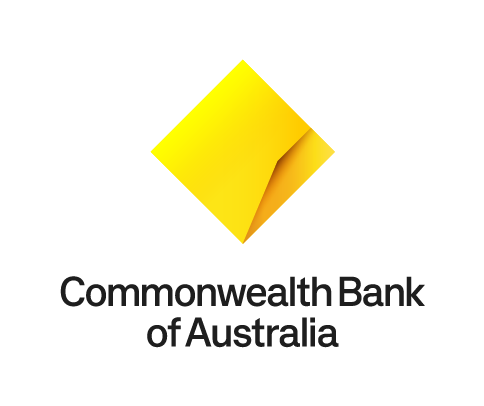The vaccine is here! We're not out of the woods yet though, with a population of 328.2M+ in the United States it's going to be a long wait for those of us not in a special category for a vaccine. So how do we get on the list? What steps do you have to take to get a COVID-19 vaccine as soon as possible?
I want to pretend that with the vaccine here, it's only a matter of weeks or months until we can finally go outside and be with friends again… but it doesn't look to be the case:
The Trump administration's COVID-19 vaccine distribution program needs a major shot in the arm because at the current rate, it would take almost 10 years to inoculate enough Americans to get the pandemic under control, a jarring new NBC News analysis showed Tuesday.
If you go to the New York Times website, you can find a tool which allows you to “Find Your Place in the Vaccine Line” which asks a few seemingly simple questions which sort you into priority categories as outlined by the Advisory Committee on Immunization Practices (ACIP) and the Centers for Disease Control and Prevention (CDC):
- Phase 1a (24 million Americans)
- Are you a frontline healthcare worker?
- Do you work or live in a nursing home?
- Phase 1b
- Are you 75 or older?
- Are you a frontline essential worker like first responders (e.g., firefighters and police officers), corrections officers, food and agricultural workers, U.S. Postal Service workers, manufacturing workers, grocery store workers, public transit workers, and those who work in the education sector (teachers and support staff members) as well as child care workers.
- Phase 1c
- Are you 65 or older?
- Are you 16-64 and in a high-risk medical condition?
- Are you an essential worker in transportation and logistics, water and wastewater, food service, shelter and housing (e.g., construction), finance (e.g., bank tellers), information technology and communications, energy, legal, media, and public safety (e.g., engineers), and public health workers.
If you're like me, a 33-year-old, non-essential worker in New York county, NY, with no health conditions, the result on NYT probably looks something like this for you, too:
Based on your risk profile, we believe you’re in line behind 268.7 million people across the United States.
When it comes to New York, we think you’re behind 16.0 million others who are at higher risk in your state.
And in New York County, you’re behind 1.5 million others.
So it's not coming for some time…
P.S. If you DO fit into one of those groups above, then you can get one right away! Jump on the links below!
When will I be able to get the vaccine?
The honest answer is: We don't know. It depends on so many moving factors, and so many different people, that we can't guarantee exactly when you'll be offered a vaccine.
It also heavily depends on your individual circumstances (as we saw above) and which city, county, and state you live in, as to when you will be able to join a queue.
I know that's not super helpful but it's the truth, we just don't know.
Are citizens treated differently from non-citizens?
From what we've seen so far: No. The questions that are asked in order to separate those who can and cannot get the vaccine have not included anything about citizenship or immigration status (and due to Federal law, it is very unlikely they will at any point).
As a non-citizen you should follow the advice given to all Americans, as it will apply to everyone who is currently residing in the United States.
How will I be notified when a COVID-19 vaccine is available to me?
Each state will roll out its own rules and each state will define which group or category of people are able to get a vaccine at different times.
You can find a list of State Government websites here.
Find your website and subscribe to their newsletter to get updates as quickly as possible. There will likely be an announcement in the future (once we've gotten through all the high-risk groups) that it's now rolling out to the general public and at that point you will be able to register with medical locations and/or your doctor (below).
New York State has created an “Am I eligible for a COVID-19 vaccine” page here, and many states have similar resources that will be updated over time and you can register your information on there for updates to be sent to you.
What steps should I take to prepare?
Healthcare is expensive and difficult to manage when living in the United States, but there are some steps you can take to make things easier for yourself.
Step 1: Get a Primary Care Physician (PCP)
The best thing you can do right now is to get yourself a PCP because that way you're on someone's list and in the realm of healthcare in the United States.
This won't be a fast-track to a vaccine, but it will mean that you have someone who will reach out when it's available to you, and it also means that you have someone who you can speak to in the small chance that something doesn't go perfectly well for you.
Most health insurance includes an annual physical checkup which is worth doing so that you're all up-to-date and ready to go when the vaccine does become available.
Step 2: Watch out for scams
Sadly, we're already seeing vaccine scams rolling out nationally in-line with the vaccines becoming actually available.
- You are asked to pay out of pocket to get the vaccine.
- You are asked to pay to put your name on a vaccine waiting list or to get early access.
- Advertisements for vaccines through social media platforms, email, telephone calls, online, or from unsolicited/unknown sources.
- Marketers offering to sell or ship doses of the vaccine for payment.
If you believe you have been the victim of COVID-19 fraud, immediately report it to:
- HHS-OIG Hotline: 1-800-HHS-TIPS I tips.hhs.gov
- FBI Hotline: 1-800-CALL-FBI I ic3.gov
- CMS/Medicare Hotline: 1-800-MEDICARE
Step 3: Register with your state COVID-19 vaccine rollout
Many states have rolled out tools that let you register your information to find out if you are eligible yet for a vaccine and will notify you when you are.
You can find a list of State Government websites here.
Step 4: Don't trust social media or the internet too much
I know you're on a website right now, and I'm telling you not to trust the internet, but there is a lot of misinformation floating around about this vaccine (and vaccines in general) that you should completely ignore.
Trust your doctor (especially your PCP from Step 1, above) and trust the resources I provide below.
What to Expect at Your Appointment to Get Vaccinated for COVID-19
For some great advice about the whole process, you can head to the CDC's “What to expect” page here.
Who can I trust for advice about the COVID-19 vaccine?
Here are my top list of websites you can trust for information, and resources:



















I signed up as a volunteer to work at the local vaccination clinic, and am being vaccinated on Feb 4.! If you volunteer, you can also get vaccinated for free.
Great to know!! Can you share where?